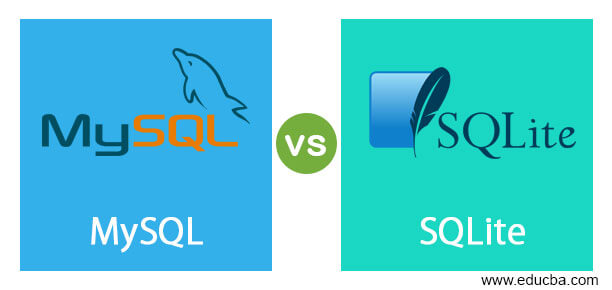Well, I intend to rewrite a small POS system for B4J.
It will be used by small restaurants, so I don't expect a lot of competing readings and recordings, or a lot of data, and it will be used on a local network.
My intention is to use SQLITE, to facilitate the installation, but I never used this database on a daily basis.
Does anyone here have experience with SQLITE?
Can I trust this database in the medium / long term, when it starts to grow?
Is there anything I should be concerned about?
It will be used by small restaurants, so I don't expect a lot of competing readings and recordings, or a lot of data, and it will be used on a local network.
My intention is to use SQLITE, to facilitate the installation, but I never used this database on a daily basis.
Does anyone here have experience with SQLITE?
Can I trust this database in the medium / long term, when it starts to grow?
Is there anything I should be concerned about?

